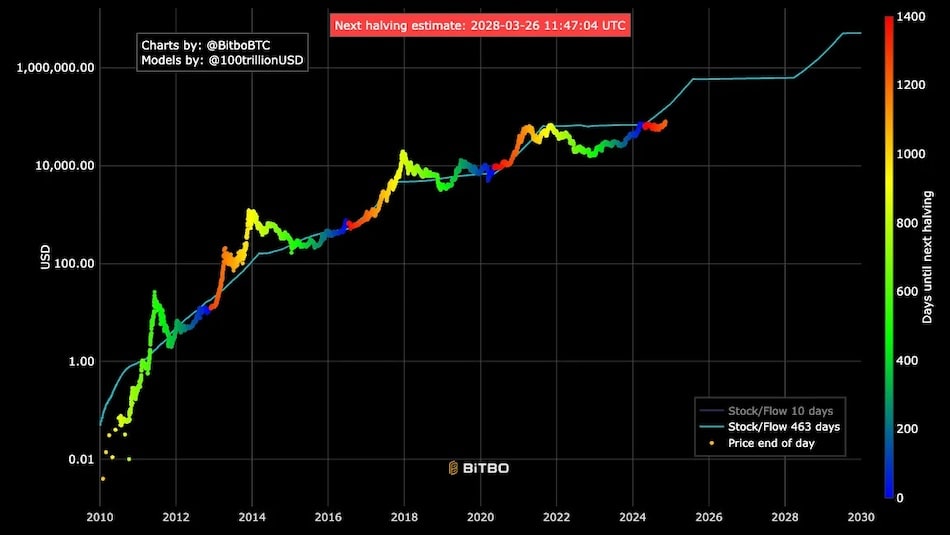
Bitcoin’s illiquid supply has seen a sharp decline, with approximately 62,000 BTC—worth around $7 billion at current prices—moving out of long-term holder wallets since mid-October, according to Glassnode data.
This shift marks the first significant reduction in illiquid supply for the second half of 2025.
Decline in illiquid supply
The recent movement of coins from inactive wallets suggests that more bitcoin is now available for trading, increasing the liquid supply, according to Glassnode.
This change could make it more difficult for bitcoin’s price to rally without a corresponding surge in external demand.
Whale accumulation against broader outflows
Despite the overall outflow from long-term holders, Glassnode noted that whale wallets—those holding significant amounts of bitcoin—have actually increased their holdings over the past month.
The firm stated on X:
“What’s interesting is that whale wallets have actually been accumulating during this phase. Over the last 30 days, whale wallets have grown their holdings, and since October 15th, they haven’t largely sold their positions.”
However, wallets holding between $10,000 and $1,000,000 worth of BTC have experienced the largest outflows, with consistent selling since November of last year.
Profitability and market pressure
The percentage of bitcoin supply in profit currently sits at about 82.3%, up from a year-to-date low of 76% in April.
This aligns with recent price declines from all-time highs above $125,000 earlier in October.
Long-term outlook on scarcity
A recent Fidelity Digital Assets report estimates that, if current trends persist, nearly 42% of all bitcoin—about 8.3 million BTC—will be considered illiquid by Q2 2032.
The report highlights the potential impact of nation-state adoption and evolving regulation on bitcoin’s scarcity, which could further accelerate illiquid supply growth.



